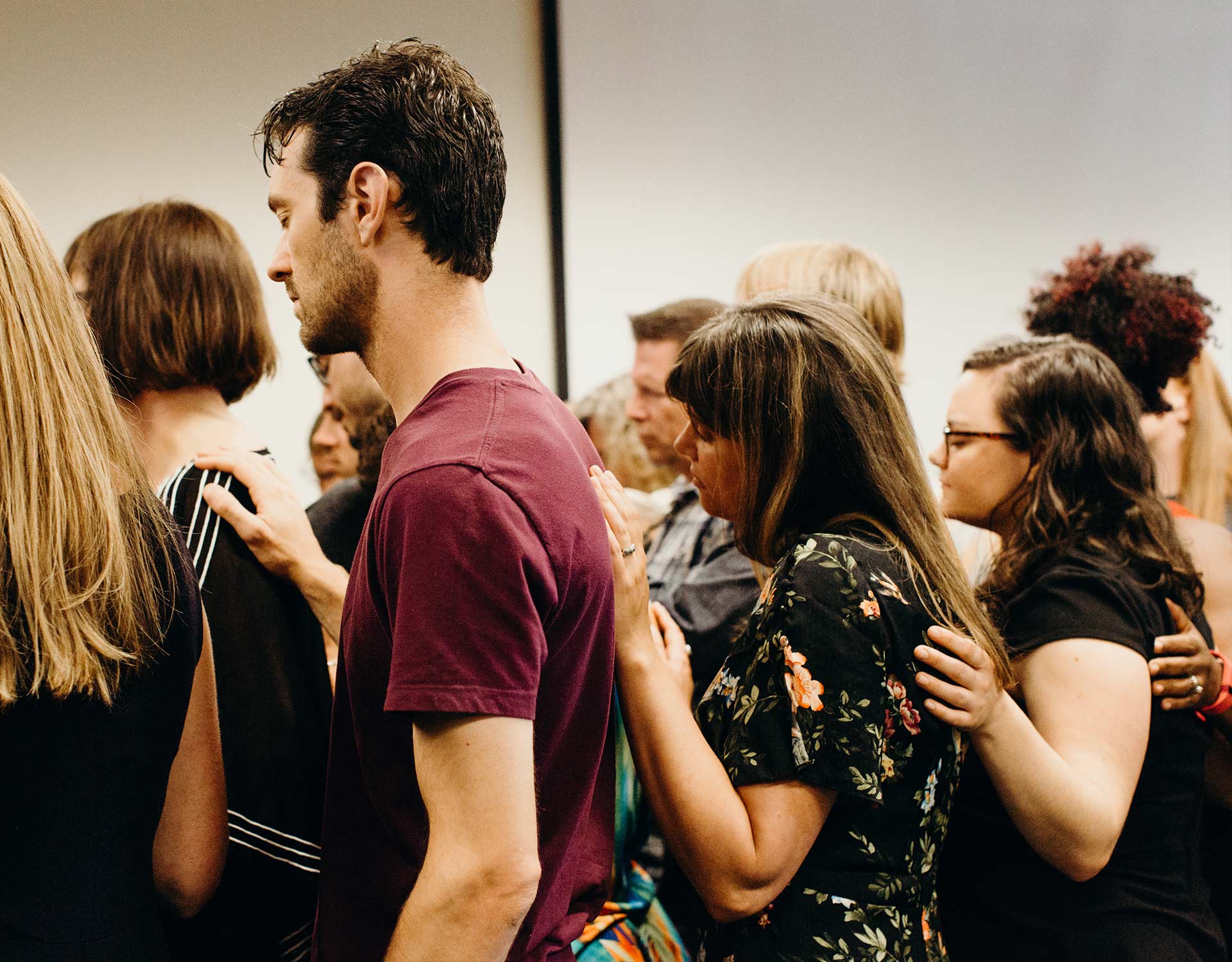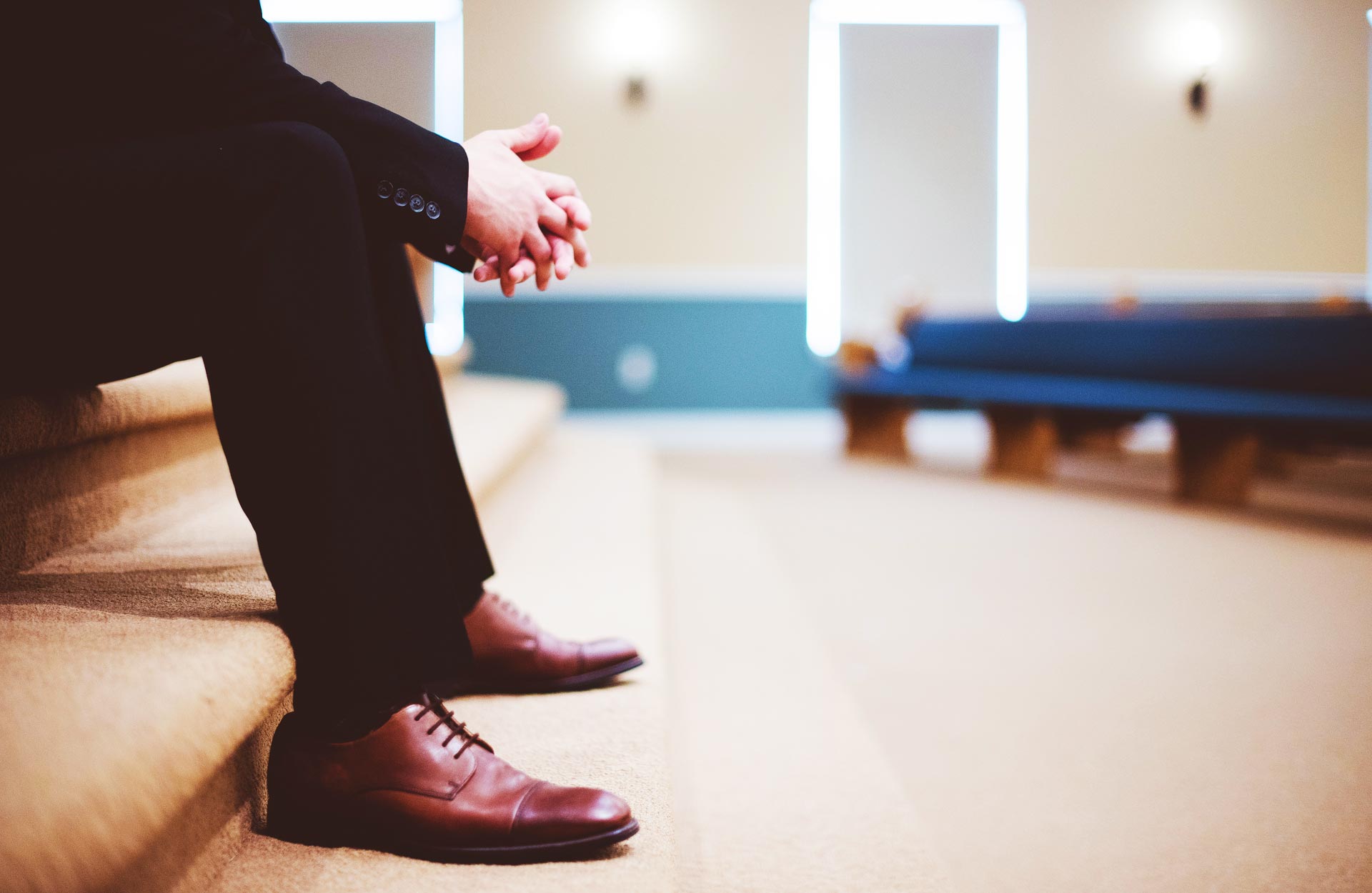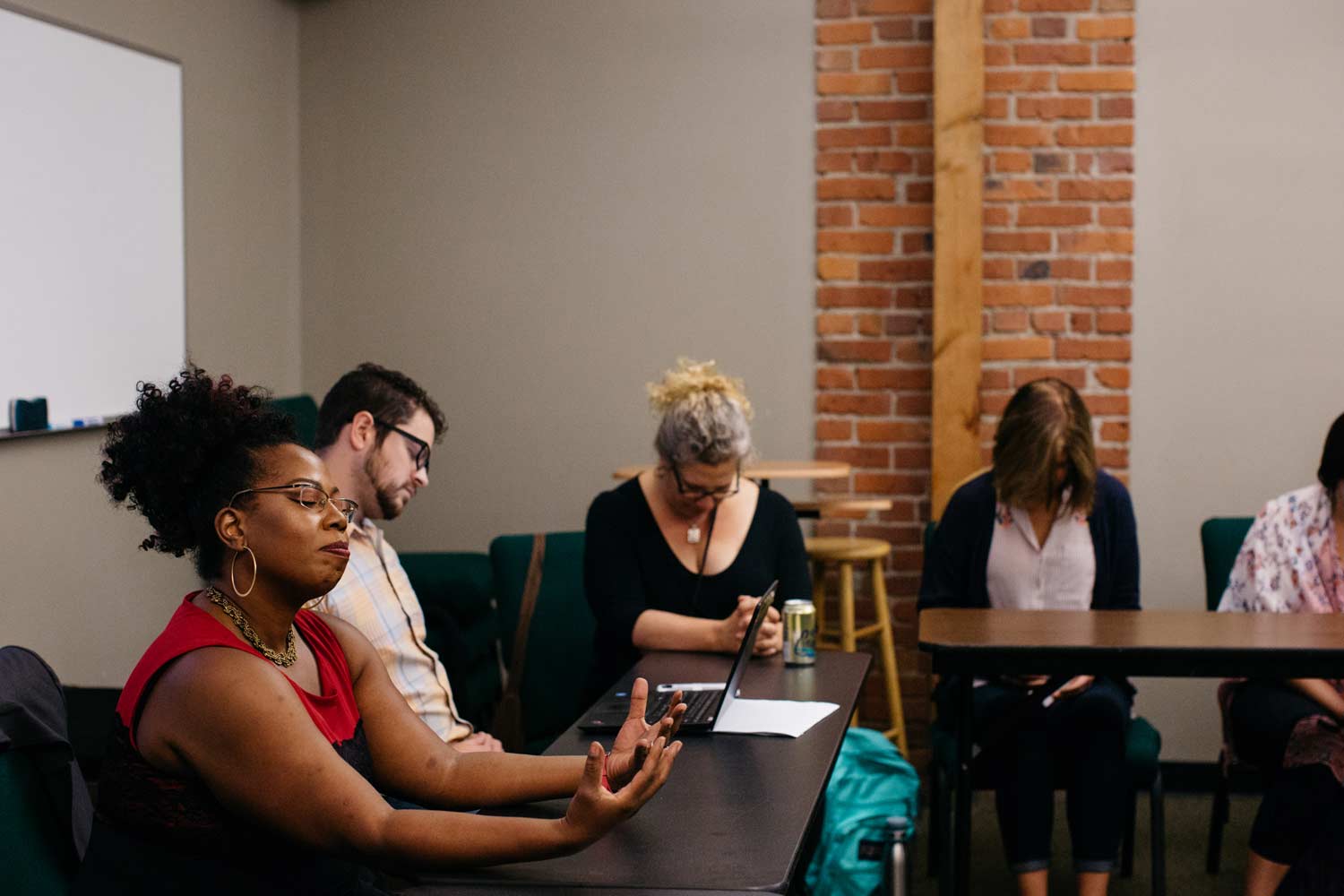Earn your Master of Divinity without relocating to Seattle. Our low residency Master of Divinity (MDiv) program develops wise, adaptive leaders who thoughtfully engage the needs of our ever-changing culture and pursue the ongoing relevance of the story of God.
Our Master of Divinity program equips you to lead as a pastor, congregational revitalizer, missional pioneer, chaplain, and culture-shaper. The program is intentionally multi-denominational and designed to meet the ordination requirements for a variety of faith traditions. Classes are held weekly within a relationally engaging online learning environment. In addition to weekly coursework, students take part in residency gatherings for on-campus learning and formative educational experiences.
Beginning the Fall of 2022, we will no longer be accepting new students for our MDiv program. If you are preparing for a vocation in ministry that incorporates deep listening and faithful presence, you may be interested in our innovative MA in Theology & Culture: Ministry degree. Click below for more information.
Learn More
Developing faithful presence
When you graduate from our MDiv program, you will be able to:
- Articulate the primacy of God’s story, as revealed through Jesus Christ in Scripture and continued by the work of the Spirit in the church both locally and globally throughout the church in its history and theology.
- Evidence a capacity to locate your story and vocation within God’s story and lead Christian communities of faith into holistic formation, paying special respect to the process of human formation within your cultural context.
- Demonstrate an ability to engage culture with credibility, honesty and curiosity in the pursuit of the just transformation of societies formed by imagination for the Reign of God.
- Lead unto the common good; adaptively demonstrating integrity, imagination, and compassion.
- Practice faithful presence with God, creation, other, and self with the knowledge that mutual transformation emerges from Spirit-formed relating.
“A prophet will raise up a voice that speaks a truth to power in order to bring about change. The Seattle School is committed to forming pastors, chaplains, and leaders to be prophets for the revolution.”
Angela Parker, PhD
Affiliate Faculty Member Meet Our Core Faculty
The courses listed below reflect a common course of study for the Master of Divinity program. Throughout the program, students participate in five residency gatherings: retreat- style curricular events with coursework, workshops, and co-curricular programming. Residencies are offered three times per academic year. For more detailed information about recommended course loads and rotations, browse our Course Rotations.
Year One: Formation & Incarnational Theology
In your first year, you will focus on personal awareness—reflecting on the interpersonal patterns, giftedness, and hindrances that emerge from your own story. You’ll explore the theological, biblical, and psychological foundations for an incarnational and missional approach to pastoral work, as well as the historical and critical contexts of biblical disciplines.
Our Common Curriculum is a series of interdisciplinary courses integrating the study of theology, biblical studies, psychology, anthropology, and culture and informs the foundation of your studies. Here is a sampling of courses you will take in your first year.
- Intersections: Interdisciplinary Inquiry & Psychological Frameworks (2)
- Critical Reading Lab (1)
- Reading Practices: Engaging the Biblical Text (2)
- Church History I (3)
- Frameworks & Intersections (0)
- Intersections: Biblical Traditions & Theological Foundations (2)
- Listening Lab: Part I (1)
- Contextual Learning Lab (1)
- Introduction to Biblical Languages I (3)
- Tell Me the Stories of Jesus: A New Testament Survey (3)
- Textual Synthesis: A Selected Book of the Old Testament (2)
- Listening Lab: Part II (1)
- Intersections: Textual Integrations (1)
Year Two: Christianity in Context
In your second year you will look at the church in the context of historical, biblical, and theological disciplines. You will explore the diversity of Christian theology and church expression both throughout history and in today’s postmodern, globally-connected context. Your courses will shape your understanding of philosophical and cultural influences on Christianity’s development—especially in the West.
Here is a sampling of courses you will take in your second year:
- Old Testament Genre (3)
- Biblical Theology, Narrative and Social Ethics (2)
- Introduction to Biblical Languages II (2)
- Church History II (3)
- Word & Sacrament: Theology of Spiritual Formation (2)
- Spiritual Formation: Prayer, Practice & Presence (2)
- Family Systems (2)
- Textual Synthesis II: A Selected New Testament Epistle (2)
- Leadership (3)
- TCE 503 – Our Religious Impulse (2)
- Mission as Faithful Presence (2)
Years Three to Four: Practicing Pastoral Presence & Vocational Integration
Your third year in the Master of Divinity program is marked by ministry in context: field experience at a local faith community. As you engage your leadership style and vocational imagination you will synthesize theory and practice through an Integrative Project. More than an academic thesis, your Integrative Project lets you use the skills you’ve acquired to begin to be the church and to shape the world through your calling.
Here is a sampling of courses you will take in your final years:
- Life Together I: Ancient-Future Focus for Church & Worship (2)
- Integrative Project: Exploring the Future (3)
- MDiv Practicum II (1)
- Critical Social Theory: Bridging Church & Community (2)
- Gospel of Mark (2)
- Life Together II: Relational Ethics for Church & Leadership (2)
- Word on the Street: Developing Intercultural Competency (2)
- MDiv Practicum III (1)
- Homiletics: Crafting Transformational Moments (2)
Residency Gatherings
- Residencies are offered 3 times per academic year
- 5 residencies are required to complete the program, including 1 domestic or international travel residency
- Domestic or international travel residencies offered each Spring term
“I rely on my training from The Seattle School every single day. Knowing that I can only take people as far as I’ve been willing to go in my own journey has been the framework I’ve used over and over as I lead, pastor, teach, mentor, and counsel. I don’t have a clue how pastors lead churches faithfully without knowing themselves, their story, how they relate to and impact others, and being fluent in the dark places of their lives.”
David Rice, MDiv ‘10
Lead Pastor at Mackey Church Explore MDiv Voices

Ready for the next step?
Connect with us! Read more about our MA in Theology & Culture: Ministry degree, or let us know you're interested and we'll send you everything you need to know in order to being your journey.

